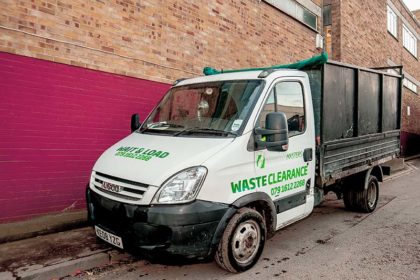
Recycling, i.e. the reuse of waste, is not a unique concept. There are various technologies hidden under it, giving various effects. As a result thermal energy, raw material with new properties or biofuel may be created. Recycling is not only the responsibility of large industrial plants. Care for the natural environment should begin with the smallest individual – a flat or a house. To minimize the amount of waste on our planet, each of us must ensure that the garbage generated by him is as little as possible, and – when they arise – they are properly sorted. This will make it easier to recover the materials from which they were made and then recycle them. However, this is only the first stage of recycling. To learn more about how reuse of waste helps protect the environment, it’s worth learning what the next steps are.
Stages of recycling – from segregation to a new product
To create environmentally friendly and resource-saving products, the raw material must undergo the following recycling stages:
- segregation: the best solution would be to sort all waste in households, but it still remains difficult for many people to implement. That is why most of them are segregated only in the sorting plant,
- shredding: this stage consists in grinding waste in such a way that they are uniform in size, which facilitates their subsequent processing,
- washing: shredded waste is cleaned in special bath tubs filled with an aqueous solution of cleaning agents, and then thoroughly dried,
- rolling: new products are formed from used glass, metal, paper or plastic packaging at this stage.
Types of recycling. How to use waste?
It is worth remembering, however, that recycling not only enables the reuse of raw materials in the same way. Depending on the effect to be achieved by processing the raw materials, the following types of recycling are distinguished:
- material: consisting in processing waste into plastics, which can then be used in many industries,
- thermal: based on obtaining thermal energy from garbage,
- organic: the process carried out with the participation of microorganisms produces methane or biofuels,
- chemical: enables the waste to be processed into raw materials with completely different properties,
- raw material: used when it is necessary to recover the basic raw materials contained in a given material.
Regardless of what kind of recycling it is, it is extremely important that the companies dealing with it have appropriate certificates and equipment guaranteeing that the whole process will be carried out in an environmentally safe manner.




